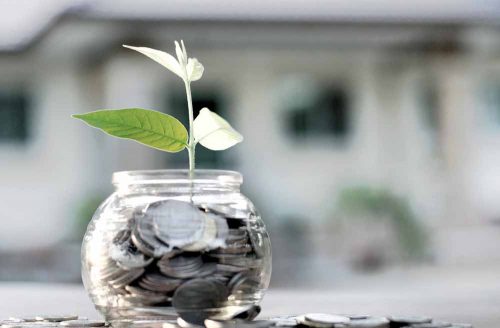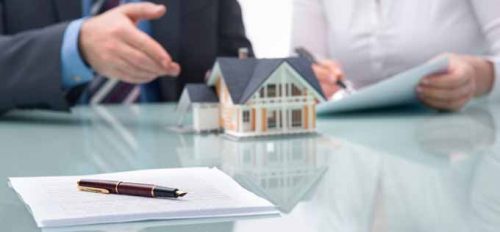How to achieve financial independence through property
How to achieve financial independence through property
All of us yearn for financial freedom – the power to leave our day jobs and enjoy a long, leisurely retirement. In reality, we all know that working hard, plying extra cash into our pension fund and banking on a nice hefty payout at the end of our career isn’t necessarily going to provide enough wealth for us to retire on. Sure, it might give us some spending money but will it provide a long term liveable income bearing in mind that many of us will live well beyond 65. So what should we do?
Of course there’s the state pension, but after living on a healthy wage year after year will you be happy settling for a small monthly handout from the government?
The good news is that with a bit of foresight, some smart strategies and the old reliable bricks and mortar, we all have the capacity to make our golden years even more comfortable – and a lot more prosperous!
Why property?
Property is a basic commodity and although we have a high level of home ownership in this country around 30% of the population rents at any given time. This means you have a consistently significant large pool of people requiring rental accommodation.
Property has certain advantages over other asset classes, such as shares. It’s less volatile than the stock market and historically, residential property has always increased in value. It has its ups and downs but it’s relatively dependable if investors are wise enough to understand that this commodity requires a long-term commitment to pay decent dividends.
Property investment should be viewed as a long-term strategy and therefore the bias has to be toward capital growth. But because it’s a basic commodity, it has a level of inbuilt stability in terms of demand and that underpins its capital value.
Property allows investors to leverage other people’s money reasonably safely, which means higher returns at lower risk compared to other asset classes.
Many people retire with little more than £50,000 in savings. Very few have £300,000 in savings but you can find plenty of people with more than £300,000 equity in their home or investment properties.
Because well-bought property will continue to generate capital growth throughout the years, it is a favoured asset class and if you’re careful about where and what you buy, you’ll pretty much always end up with more than you begin with.

The power of equity
Savvy homeowners across the country have learnt that the appreciating value of their own home generates equity.
Rather than selling up to release their equity, this astute bunch thinks about the future and accesses it by refinancing and putting it into other forms of wealth generation, primarily property investment.
In the UK, most property investors started out by leveraging their own home. If you’re not willing to do this, it’s very unlikely that you can get ahead unless you’ve managed to make a lot more money from other things.
The more equity you can control and the sooner you can control it, the greater your level of financial independence. Your increasing equity adds to your asset base because it allows you to use that equity as leverage to buy further assets. Further acquisitions are typically made by accessing part of the equity in pre-existing assets through re-financing.
Once you reach retirement, your equity begins to work in a different way. After using it to build a generous portfolio, consisting of property alone or a mix of property, shares and other investments, given enough of the stuff, it can start to provide an income that replaces your working-life salary.

How much is enough?
So if equity is the golden goose that will provide for us in retirement, how much is enough? And for that matter, exactly how much money makes for a comfortable retirement income?
To answer this you will need to calculate the number of properties and the combined worth of a portfolio that will see you end up in the position of matching or exceeding your work income. Depending on the strategy you intend to use, there are a number of ways you can work out how much property you’ll need and the equity you should be holding in your portfolio to put you in a position where you can finally bid your boss farewell.
One way of thinking is that if a property doesn’t have a mortgage, it returns roughly 14 per cent a year (average 10 per cent growth and 4 per cent rent). Based on this, the property would generate £140,000 per year which could be accessed through refinancing.
The easy way to look at it however is that the more property you own the greater potential you have of a comfortable retirement. So get investing and retirement could be the best days of your life.

